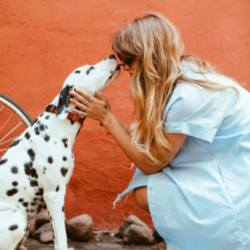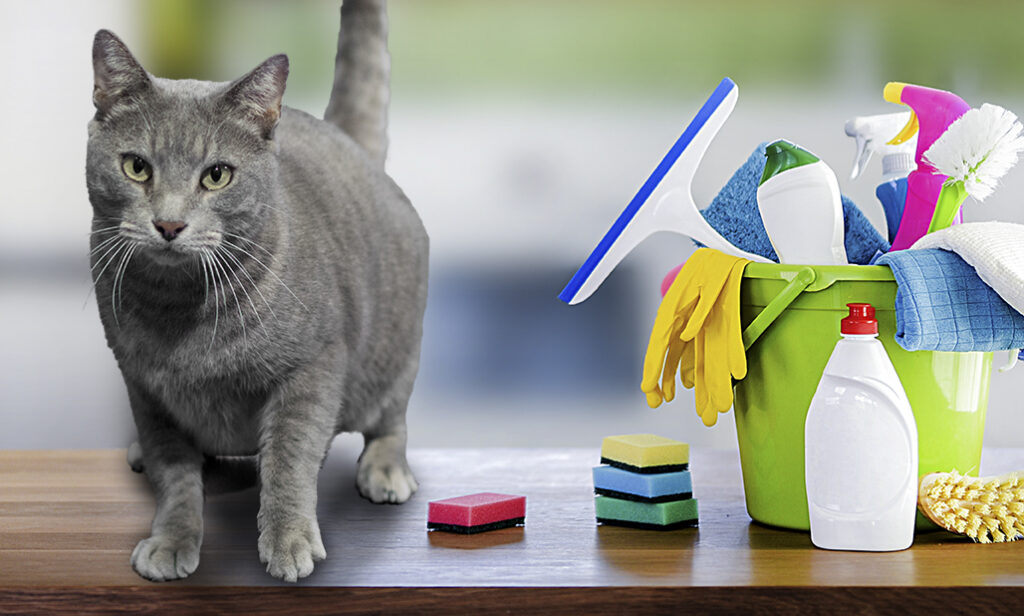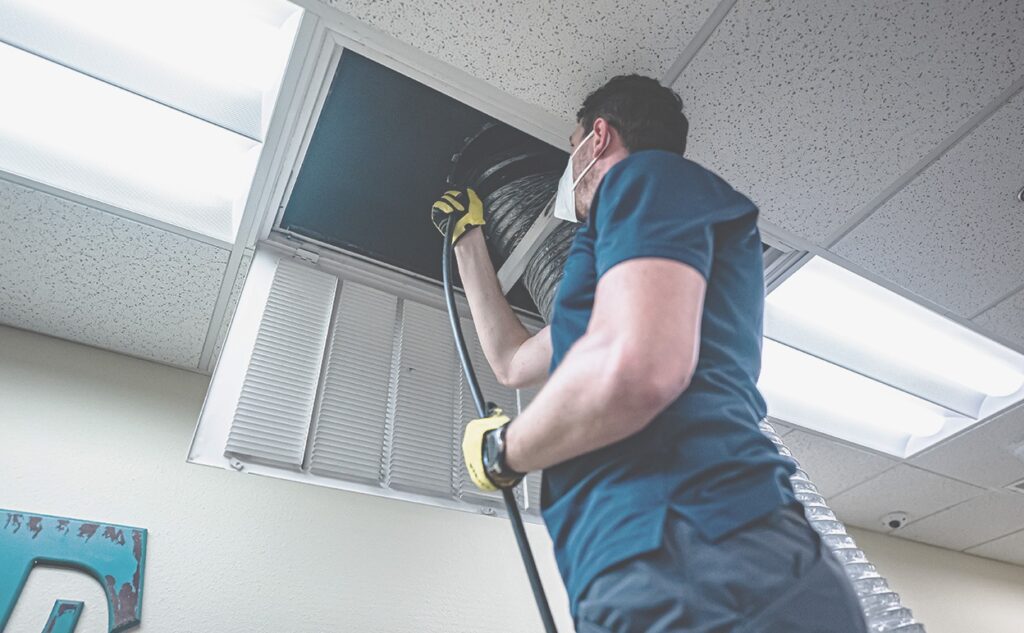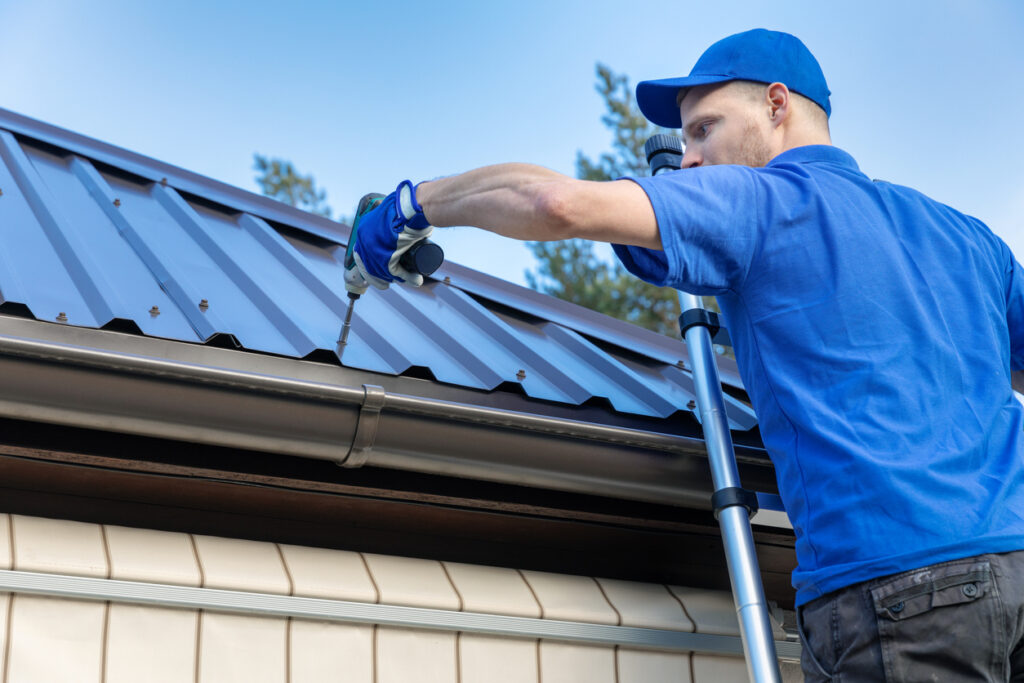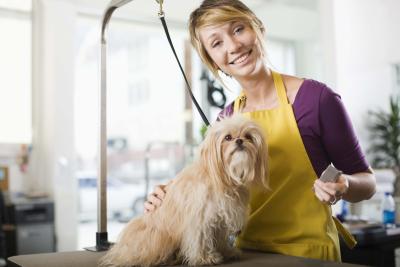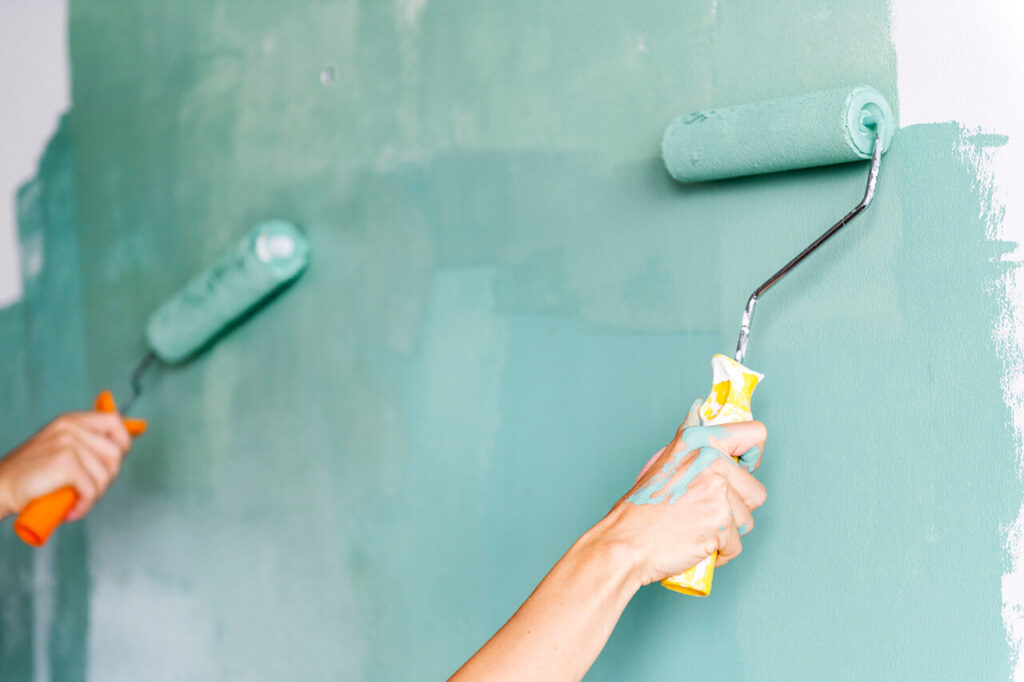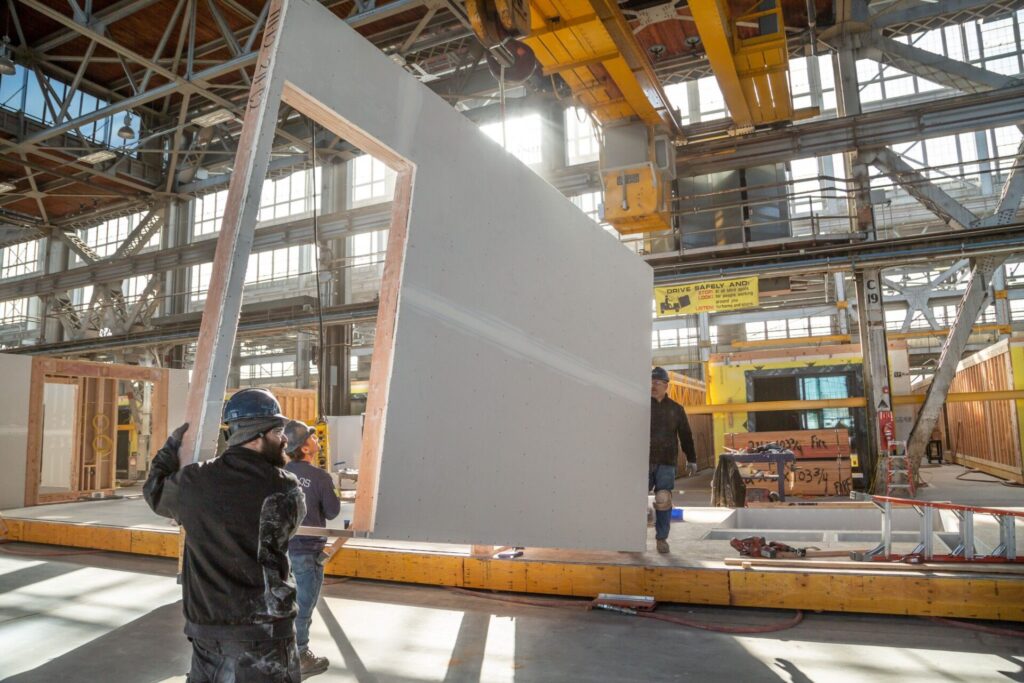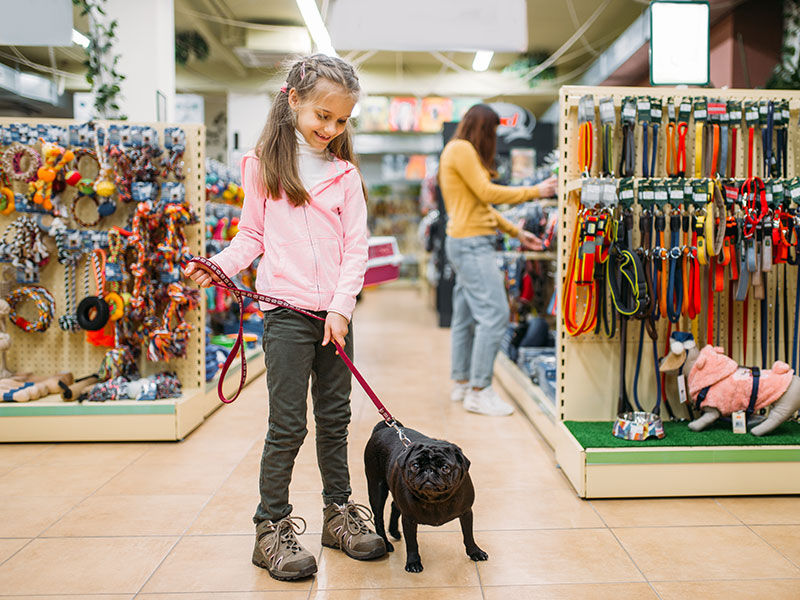
Running a pet store comes with a myriad of responsibilities. From maintaining a safe and comfortable environment for animals to ensuring the satisfaction of pet owners, there’s a lot on your plate. One aspect of pet store management that often goes unnoticed but is critically important is moisture mitigation. High humidity, water leaks, and inadequate moisture control can lead to a range of problems in your pet store, including health issues for animals, structural damage, and a poor shopping experience for customers.
In this comprehensive guide, we’ll explore the signs that indicate your pet store may need moisture mitigation and how addressing these issues can help create a better environment for both pets and pet lovers.
High Humidity Levels
One of the most common indicators that your pet store requires moisture mitigation is excessively high humidity levels. Maintaining the right humidity is crucial for the comfort and health of the animals in your care. Signs of high humidity include:
Condensation on Windows: When you notice water droplets forming on windows and glass surfaces, it’s a clear sign that your pet store’s humidity levels are too high.
Mold and Mildew Growth: High humidity encourages the growth of mold and mildew, which can be harmful to both animals and humans. Look for signs of these unwanted intruders in hidden corners, on walls, or on products.
Musty Odors: A musty, damp smell in your pet store is a sure sign of high humidity. This odor can be off-putting to customers and detrimental to animals’ respiratory health.
To combat high humidity levels, consider installing dehumidifiers or investing in HVAC systems designed for moisture control. Proper ventilation is also key to maintaining an optimal environment.
Water Leaks
Water leaks are a pet store owner’s nightmare, as they can cause extensive damage and pose health risks to animals. Signs of water leaks include:
Stains on Ceilings or Walls: Water leaks often leave visible stains on your store’s ceilings and walls. These stains can lead to structural damage over time.
Puddles or Wet Spots: If you spot puddles or consistently wet spots on the floor, this is a clear indication of an ongoing water leak issue.
Dripping Sounds: Sometimes, you might hear dripping or running water sounds, even if you can’t see the source of the leak. Investigate any unusual sounds promptly.
It’s essential to address water leaks as soon as they’re discovered. Fix the source of the leak, repair any damage caused, and take preventative measures to avoid future leaks. Regular inspections of plumbing and roofing can help catch issues early.
Condensation on Pet Enclosures
Pet enclosures are a crucial part of your store, housing various animals. If you notice condensation forming on the inside of these enclosures, it’s a sign that the moisture levels within are not adequately controlled. Here’s what to look for:
Foggy Glass or Plastic: When the enclosures’ glass or plastic surfaces are constantly foggy or covered in condensation, it can make it difficult for customers to view the animals inside.
Wet Bedding or Substrates: Bedding or substrates inside enclosures should remain dry. If you notice that they are frequently wet, it can lead to discomfort and health issues for the pets.
Temperature Fluctuations: Condensation inside enclosures can also lead to temperature fluctuations, making it challenging to provide a stable and comfortable environment for the animals.
To address condensation in pet enclosures, consider using enclosure-specific heating and cooling systems, as well as controlling humidity levels in the pet store as a whole.
Unpleasant Odors
Unpleasant odors can be a clear sign that moisture-related issues are affecting your pet store. These odors can be harmful to both animals and customers, and they often stem from mold, mildew, and stagnant water. To mitigate unpleasant odors:
Regular Cleaning: Maintain a strict cleaning schedule to prevent the buildup of mold and mildew. Make sure all bedding and substrates are clean and dry.
Proper Ventilation: Ensure your store has adequate ventilation to disperse odors and maintain a fresh atmosphere.
Humidity Control: As mentioned earlier, controlling humidity levels can help prevent the development of mold and mildew, which are major contributors to bad smells.
Addressing these issues promptly not only creates a more pleasant environment for customers but also helps maintain the health and well-being of the animals in your care.
Health Issues in Animals
High humidity and moisture-related problems can lead to various health issues in animals. These may not be immediately obvious, but long-term exposure can have serious consequences. Keep an eye out for signs such as:
Respiratory Problems: Animals may exhibit signs of respiratory distress, including coughing, wheezing, or labored breathing.
Skin Conditions: Skin conditions such as fungal or bacterial infections can thrive in a moist environment.
Lethargy: High humidity and discomfort can lead to lethargy in animals. They may appear less active and engaged.
Regular veterinary check-ups for your animals can help identify and address any health issues that may arise due to moisture-related problems. Prevention is always better than treatment.
Customer Complaints
While the well-being of the animals should always be your top priority, customer satisfaction is also essential for the success of your pet store. If you receive complaints related to moisture or humidity issues, it’s time to take action. Common customer complaints might include:
Unpleasant Smells: Customers may complain about the store having an unpleasant, musty odor.
Uncomfortable Shopping Experience: Foggy enclosures, wet bedding, or excessive condensation can make it difficult for customers to view and interact with the animals.
Health Concerns: If customers suspect that the store environment is affecting the health of the animals, it can damage your reputation and lead to lost business.
Listening to customer feedback and proactively addressing their concerns is an important aspect of running a successful pet store. It’s a win-win situation when you can provide a more comfortable environment for both animals and customers.
Conclusion
Moisture mitigation is an often-overlooked but critical aspect of pet store management. High humidity, water leaks, and moisture-related issues can have far-reaching consequences, affecting the health of animals, the condition of your store, and customer satisfaction. By recognizing the signs that your pet store needs moisture mitigation and taking proactive steps to address these issues, you can create a safer, more pleasant, and healthier environment for both pets and pet lovers.
Regular maintenance, proper ventilation, humidity control, and addressing water leaks are key components of an effective moisture mitigation strategy. By making these changes, you can ensure that your pet store remains a welcoming and comfortable place for animals and customers alike.

